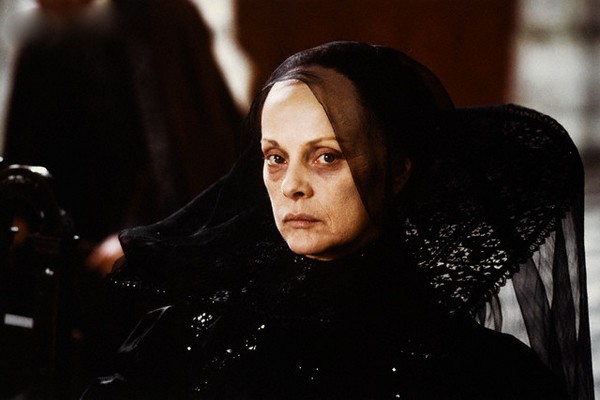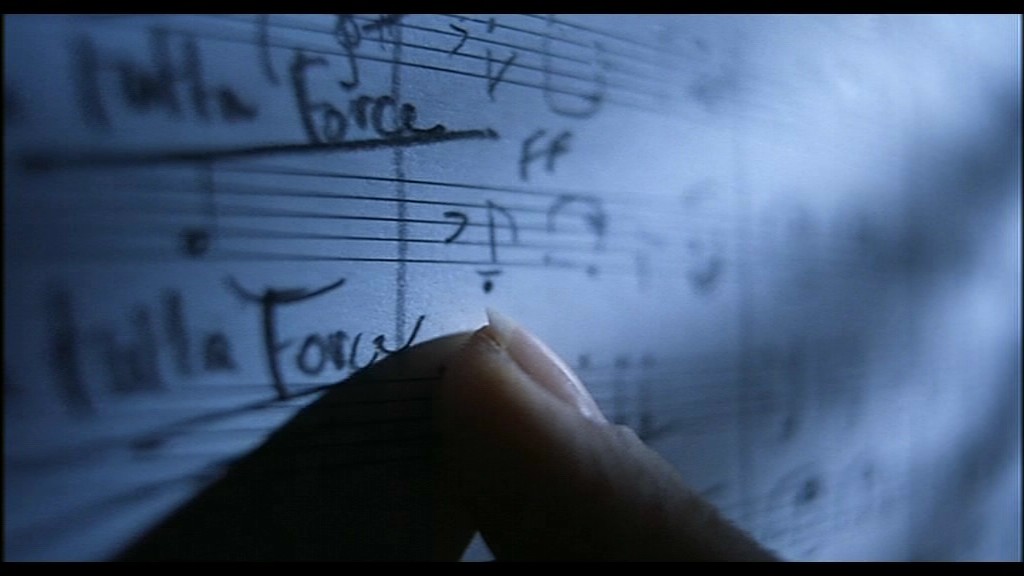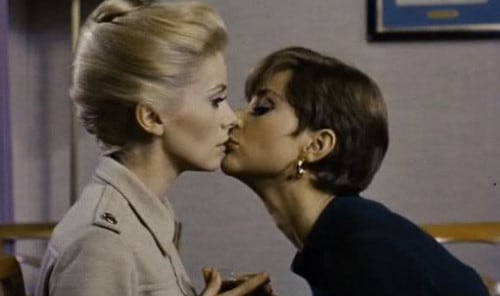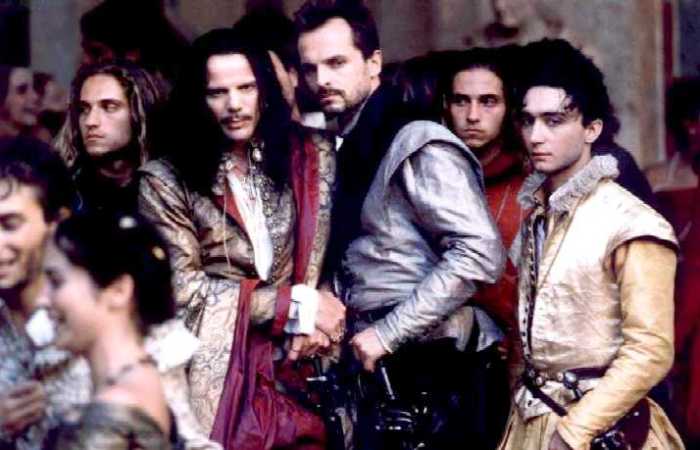Mes catholiques, mes protestants, réunis tous ensemble
dans la Maison de Dieu. C'est un symbole ce mariage, ça va tout
arranger!
In my opinion, the book of Alexander Dumas-father «Queen
Margot» is not a literary masterpiece. This book is well written, interesting, and
enjoyable; nevertheless, it is unrealistic, too romantic and influenced by
propaganda against Catherine de Medici. Patrice Chéreau have taken out the best
parts of the book, and have created his own vision of the XVI-century France.
The director drags the spectator into the real Middle
Ages – blood, dirt, worthless human life, promiscuity of the French court.
Patrice Chéreau portrays France, which is torn by a horrible civil war, when «the
brother shall deliver up the brother to death, and the father the child: and
the children shall rise up against their parents, and cause them to be put to
death».
«La Reine Margot» shows the inner world of a French ruling
class with a weak and hypochondriac Charles IX as the nominal ruler. In
reality, there is a ruthless political game between Catholics and Huguenots.
Neither Admiral Coligny or Duke de Guise are interested in the well-being of
France, they only pursue their military and political interests.
The St. Bartholomew's Day massacre depicted as the
bloody orgy, which has nothing to do with a religion. In the 10-minute span, the
director portrays a graphic portrait of people, who lost all traits of honor
and humanity; they are cutting throats of women and children and molest corpses
just for fun.
Jean-Hugues Anglade has convincingly portrayed weak
and hypochondriac King of France. He clearly understands, that he is merely a
toy in the hands of his mother and nobility, but he can’t break the circle. The
Actor has brilliantly showed the good side of Charles IX, who is capable of
admiring true friendship and abhors violence.
Daniel Auteuil portrayed King of Navarre, and the
future King of France Henry IV, who is forced to become a hostage and takes his
own «school of unhappiness». King of Navarra is degraded to the spectator of
Huguenots genocide, but he is still, compared with Charles IX brothers, capable
of a human conduct.
Virna Lisi showed The Princess of Darkness, The Devil in the Flesh, which is morphed in the form of Catherine de Medici. She is the only person, who cares about the future of France. Catherine plays on her own «chess board», but the fate has prepared the different future for her. Despite the blood on her hands, one could feel a certain degree of admiration and compassion towards Catherine, you could even quote Oscar Wilde: «Sin is the only real colour-element left in modern life».

Everyone, who is got used to the «burning» Adelie
Hugo, Anna, Camille Claudel and Penelope would be stunned by Isabelle Adjani’s
acting. Margaret de Valois is the ultimate Royal consort – cold, arrogant and
emotionally distant. The Actress portrayed the tragedy of a woman who was
always the other’s people toy; who is stuck in the loveless marriage; whose
only form of rebellion is the quick affairs. Nevertheless, Margaret was the
only person who found the courage to protect the unloved husband and who become
his tutor in the «school of unhappiness».
As Jeanne Moreau in «Les Amants», Isabelle Adjani
portrays the transformation of Margaret de Valois by a true love in the form of
La Mole. She becomes a woman, who breathes freely and is ready to commit the most
selfless acts. Isabelle Adjani’s acting is more restrained, than in her other
masterpieces, she relies more on the voice acting, facial expression, eyes.
This restrained technique does not make Adjani’s acting weaker, than in her other
masterpieces. The last scene of «La reine Margot» could make your heart bleed nothing
less than the scenes of «L’Histoire de Adelie H.». After this film, you want to
give The Actress a standing ovation. In addition, one would like to thank
Mademoiselle Adjani for not wasting her acting genius on the second and third-rate
films; she saved herself only for the best.

Others actors were also brilliant. Pascal Greggory as
the cunning Duke of Anjou, who is willing to do anything to become a King. Miguel
Bosé as the arrogant Duke de Guise. Dominique Blanc
as Henriette de Nevers – Margot’s friend and accomplice. Veteran French actor
Jean-Claude as Admiral Coligny; the list goes on and on.
«La Reine Margot» is an off-charts brilliant film, which would be interesting
to everyone.
10/10









.jpg)








